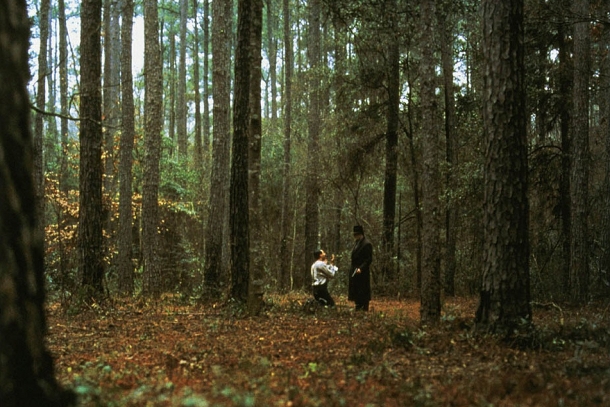Inside Llewyn Davis (2013) is a pure Coen Brothers film from start to finish. It is quiet, contemplative and laugh out loud funny all the way through, sometimes all in the same scene. It has a more laid back tone like their films Blood Simple (1984), Fargo (1996), No Country for Old Men (2007), and A Serious Man (2009), while keeping the understated humor of Fargo (1996), The Big Lebowski (1998) and Burn After Reading (2008). It’s also a film driven by its soundtrack, much like Raising Arizona (1989) and O Brother, Where Art Thou? (2000).
The story, set in the middle of the folk music revival in 1961, is of burgeoning folk singer Llewyn Davis (Oscar Isaac). He’s trying out a solo act after the death of his partner and he’s not having a very easy time of it. He recorded an album that isn’t selling, he plays gigs when he can get them and he has a manager that doesn’t really do much of anything for him.










